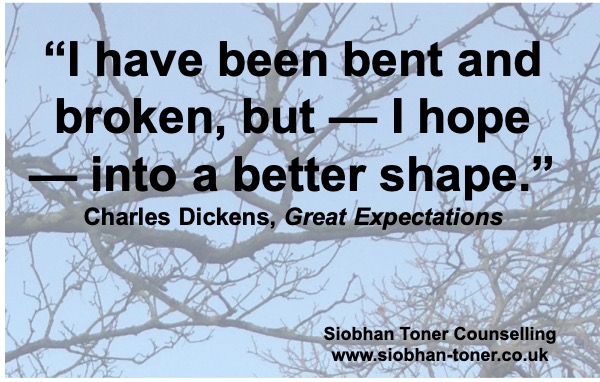
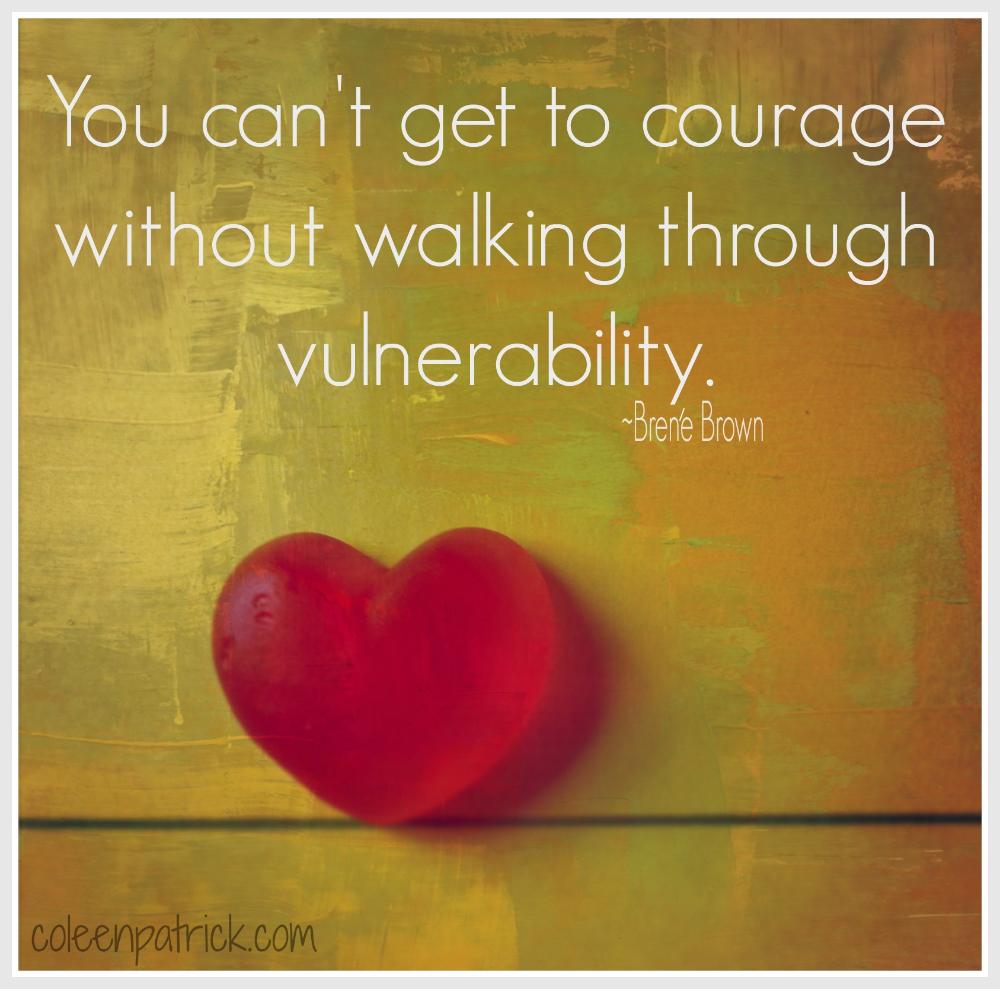
Thursday Thoughts
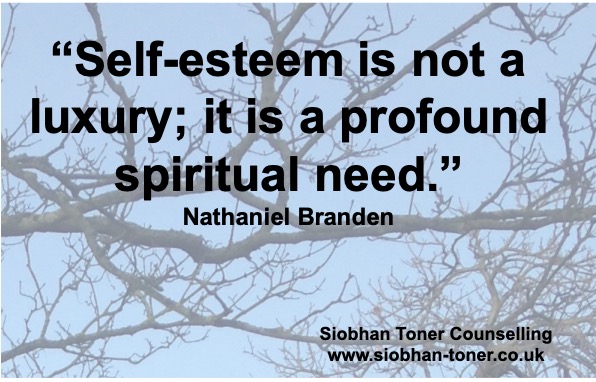
Easter
Whether Easter is a deeply spiritual time of hope and resurrection, bunnies and chocolate, a four day weekend, time with family or just another day I wish you a happy Easter.

Thursday Thoughts
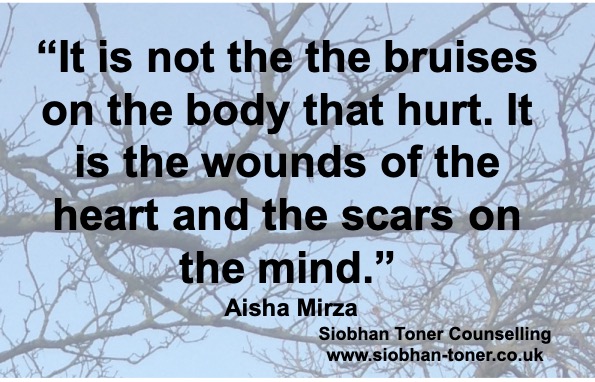
Kindness
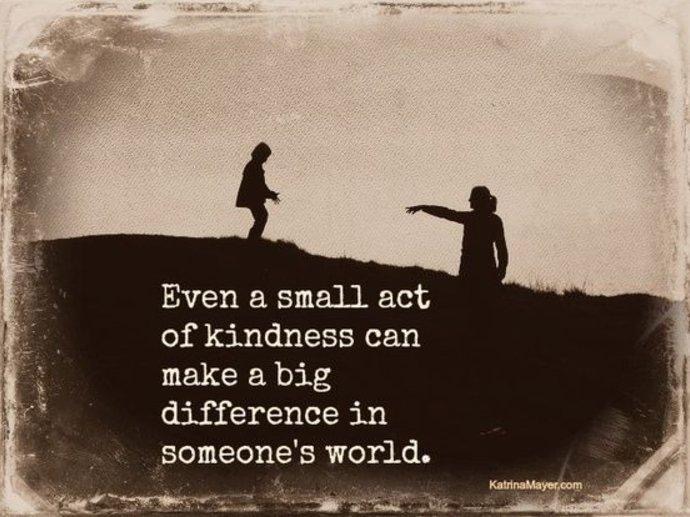
Thursday Thoughts
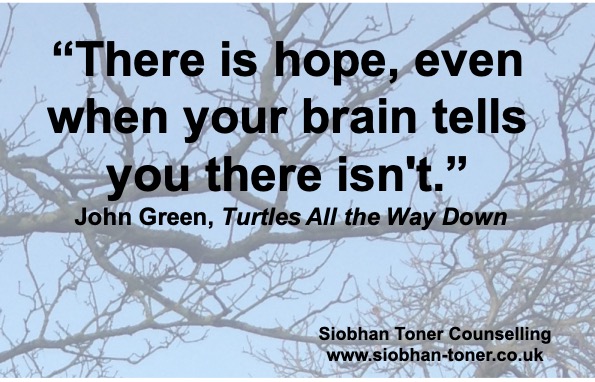
Unacknowledged suffering
I came across the image below and I found it incredibly powerful.
While it applies to any form of suffering, it is very common for the abuse between siblings to be ignored or dismissed. Society tends to downplay problems between siblings and categorise them as normal family dynamics. They are not always normal though.
Emotional, physical and sexual abuse all have long term impacts on the victim and when people around you act as if nothing bad happened it can be devastating. On top of that you are also expected to remain in a relationship with your abuser by family and friends.
This adds another layer of violence to what has already been suffered.
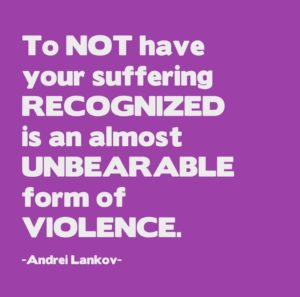
Thursday Thoughts
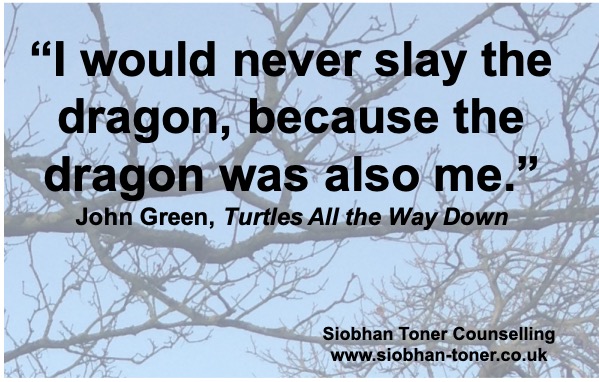
Where to get support?
Following on from my post last week for those who are not in a position to look for a private counsellor, these are some thoughts and suggestions. Please note these are all England based.
- For the NHS, try searching for your local area and “IAPT”. This usually brings you to a way to refer yourself directly to your NHS trusts mental health services.
- Search for charities in your area that offer mental health support.
- Look up counselling schools and organisations near you as they may offer support working with a counsellor in training for a nominal fee.
- https://www.mentalhealth.org.uk/explore-mental-health/get-help has a list of some options, especially for those in crisis that need immediate help.
Please be aware that most counsellors/therapists working privately are not able to take on clients and charge back to the NHS. The system isn’t designed that way. When seeing someone through the NHS or a charity, you usually have to work with the counsellor you are assigned unless there is a significant reason not to.
Thursday Thoughts
